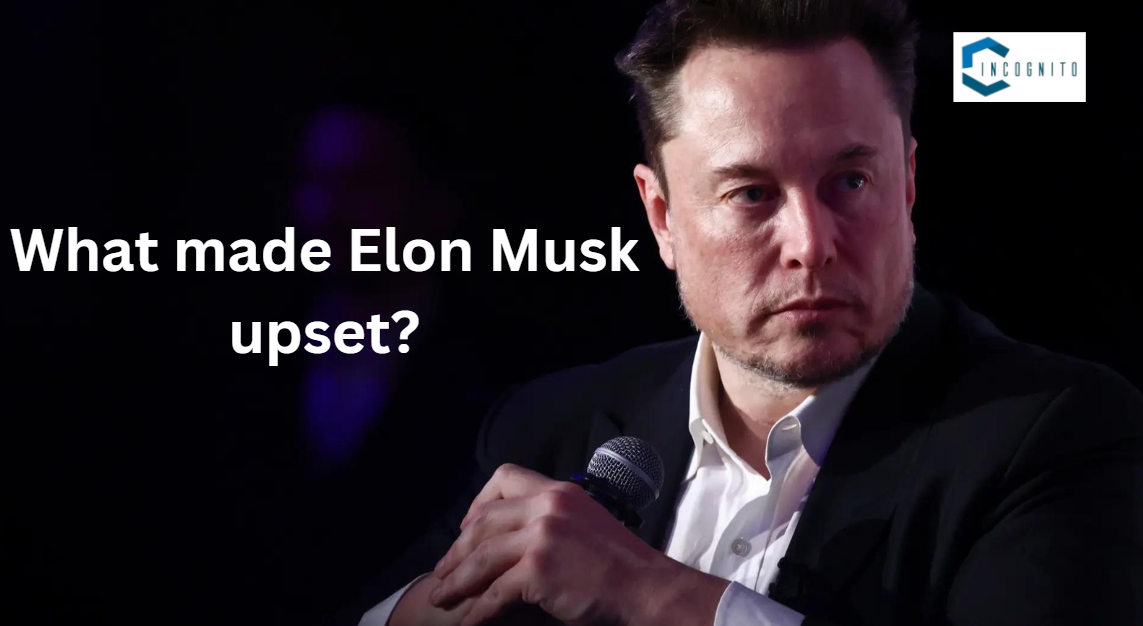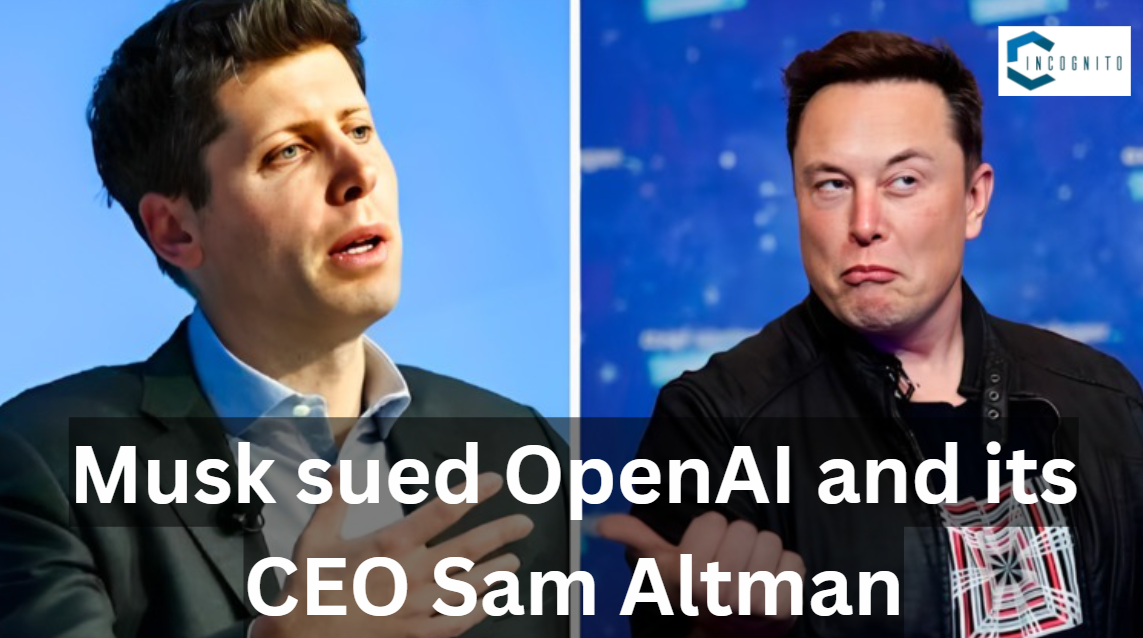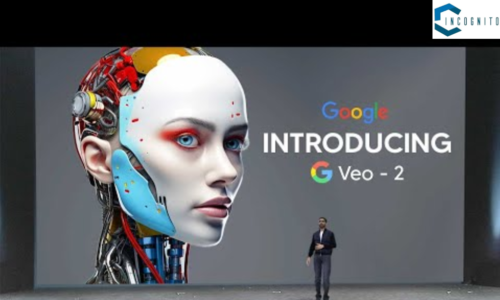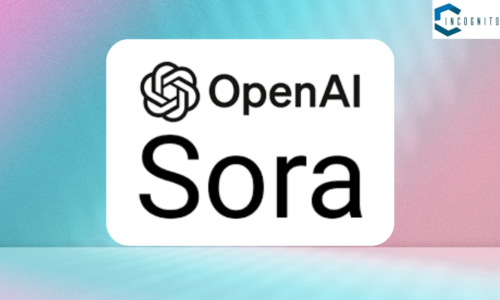
We all have been using Apple devices and ChatGPT for long. Recently Apple said that they have partnered with OpenAI that has developed ChatGPT to introduce AI to the Apple devices like iPhone, iPad, and even the MacBook.
However, Elon Musk, CEO of Tesla and SpaceX, didn’t like this and has now threatened not to allow his companies’ staff to use Apple devices if the giant tech goes ahead with its plans to introduce an artificial intelligence feature into Apple devices.
Musk, who founded his own AI company last year said of the new Apple software integration due this fall that it is “an unacceptable security violation.”
Musk said in a statement, “If Apple integrates OpenAI at the OS [operating system] level, then Apple devices will be banned at my companies.”
He also added that the visitors will be made to check in their Apple devices at the door where they will be placed in a box capable of blocking some electromagnetic fields.

What made Elon Musk upset?
What made Elon Musk upset?
The threat came after Apple announced it is teaming up with ChatGPT maker OpenAI to develop the technology to implement on its iPhone, iPad and MacBook devices. AI features Apple has spotlighted include context-driven notifications, basic image generation tools, and writing and proofreading tools.
The reach of the company will likely be very big considering that over a billion iPhone users exist in the world today; many users get their first taste of AI tools from Apple products. On his part, however, Musk claims that this move is towards the wrong direction that reflects security and protection of the user’s data.
He said, “It’s patently absurd that Apple isn’t smart enough to make their own AI, yet is somehow capable of ensuring that OpenAI will protect your security & privacy. Apple has no clue what’s actually going on once they hand your data over to OpenAI. They’re selling you down the river.”

Musk sued OpenAI and its CEO Sam Altman
Musk sued OpenAI and its CEO Sam Altman
Earlier this year, Musk sued OpenAI and its CEO Sam Altman echoing the accusation that the company has betrayed the original mission to use AI technology to benefit humanity. In the early years, OpenAI was helped by funding from Musk, who also joined the company’s board in 2015 before stepping down in 2018 in favor of working on Tesla’s autonomous driving goals.
Filed in San Francisco Superior Court, the lawsuit contends Musk, Altman and company president Greg Brockman had agreed that OpenAI would be run for public benefit as a nonprofit. OpenAI had also agreed to make its code open source, meaning anyone would be allowed to inspect, modify to enhance it, the lawsuit alleges.
But he charges in the suit that through its deal with Microsoft, OpenAI “has devolved into a closed-source de facto subsidiary of the largest technology company in the world” aimed at “maximizing profits for Microsoft, rather than for the benefit of all humanity.”
Microsoft invested $1 billion in OpenAI in 2019 and signed an agreement giving Microsoft an exclusive license to AI products developed by OpenAI. That license is set to expire if and when OpenAI ever succeeds in developing artificial general intelligence — a hypothetical state in which the AI would equal or surpass human cognitive abilities.
Conclusion
Elon Musk did grab attention when he threatened to ban all the Apple devices from Tesla and SpaceX. That was the result of the joint venture between Apple and OpenAI that developed some security concerns in the mindset of Elon Musk, but his emotional reaction and lack of any practical evidence of that security threat created doubts about that move.





